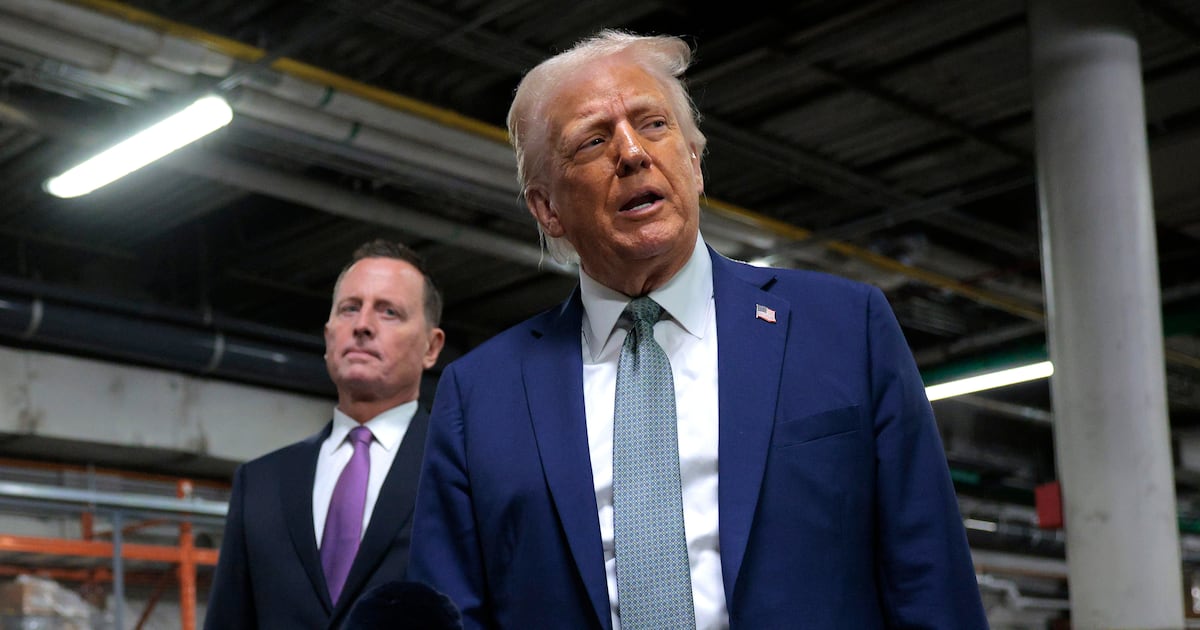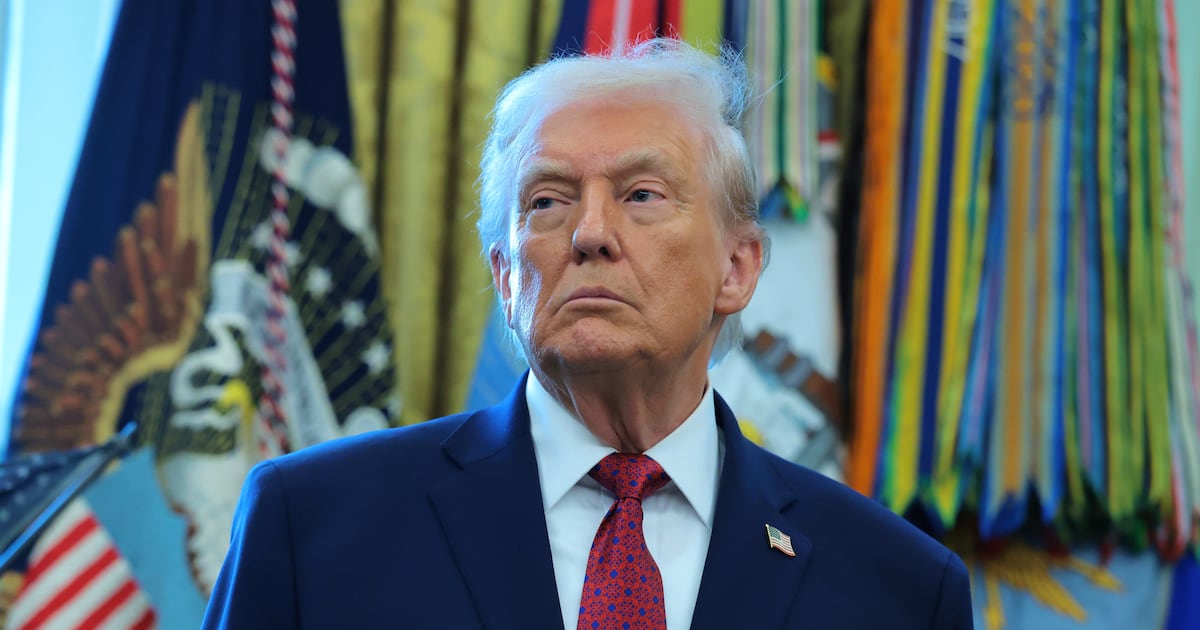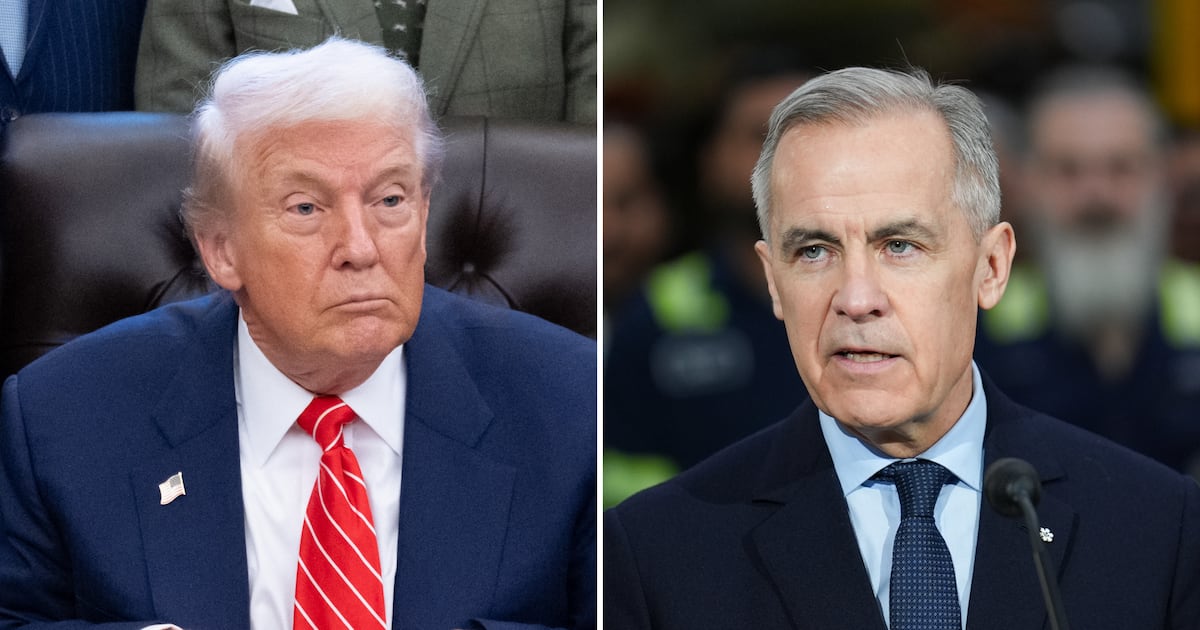You have to give credit where credit is due: Democrats are particularly skilled in exploiting issues to their political advantage. This week, official Washington has returned from the holiday break to address the pressing issues of our time. If you thought this might include plans to address a weak economic recovery, persistently high unemployment or political hotspots popping up in the Middle East and Asia, you would be wrong.
No, President Obama and Congressional Democrats have decided that income inequality is the “defining issue of our time.” How many of you spent time with loved ones and friends over the holidays and heard someone announce at the dinner table that income inequality is what kept them up at night? I suspect very few—unless you were vacationing in Hawaii or returning home to Searchlight, Nevada.
There is one issue in particular that stands out as the defining issue of our time: the manner in which the President of the United States has assumed powers not granted to him in the Constitution in order to march down his ideological path. The media often gush about Mr. Obama’s keen intellect and rave that he was a constitutional scholar and professor at the University of Chicago (which, in fact, he was not). They would be better suited questioning why few presidents during the 225 years of our Republic have circumvented the Constitution to the extent Obama has.
I’m confident constitutional law scholar Obama knows that even a cursory reading of Article II of the Constitution would reveal that the president must take an oath to “Faithfully execute the Office of President of the United States, and will to the best of [his] Ability, preserve, protect and defend the Constitution of the United States.” What is so critical about this oath is that brazen manner in which the 44th President of the United States believes this solemn undertaking doesn’t apply to him.
In short, Mr. Obama feels no constraint in faithfully executing the laws as written by the Congress. Immigration deportation? Unilateral implementation of certain aspects of the Dream Act never passed by Congress? Not a problem. Re-writing the role of bankruptcy provisions to benefit labor unions over the legal interests of secured creditors during the GM auto bailout? Nothing to see here.
I found it particularly offensive in January 2012 when the president decided that Congress was in recess (when it was not) in order to install three political appointees to the National Relations Labor Board (NLRB). Nevermind that the Constitution allows both houses of Congress to determine their own rules and governing procedures. The Senate had, in fact, been in pro forma session when Obama issued his fiat that the body was in recess.
This allowed Mr. Obama to do something “legally” which would have otherwise been considered illegal. I’m confident the constitutional scholar in chief rationalized his brazen act by concluding that by the time the courts got around to the legality of his action that the point would be moot. Not so.
In January 2013, the D.C. Circuit Court of Appeals—often considered the most powerful court just beneath the Supreme Court—held that President Obama’s recess appointments were illegal and violated the Constitution. In Noel Canning v. NLRB (No. 12-1115, slip.op. (D.C. Cir., Pg. 30, Jan. 25. 2013) the Court held: “The President made his three appointments to the [NLRB] Board on January 4, 2012, after Congress began a new session on January 3 and while that session continued…Considering the text, history and structure of the Constitution, these appointments were invalid at their inception.” Political supporters of the president might scoff at the ruling by the D.C. Court but Obama sought to circumvent his Constitutional limits to satisfy short-term political objectives without considering the damage he had brought to the office he held.
Speaking of damage to his office, did someone mention Obamacare? Where does the Constitution allow the president to unilaterally grant waivers to preferred constituencies, extend implementation dates in the law, or suspend certain provisions all together? America is a nation of laws and if the current occupant of the Oval Office can unilaterally enforce or ignore them at his whim, what precedent will this set for those who follow him in office?
Suppose a newly elected Republican president assumes office in January 2017 and decides not to enforce the statutory provisions of Dodd-Frank? The Obama precedent will offer the 45th President of the United States to defend his action by noting that the last occupant of the Oval Office had expanded the boundaries of Executive power and they should also be given deference to do so.
I’m sorry but I won’t play along with the narrative put forth by the Washington elite that social inequality is the defining issue of our time. The Constitution of the United States has been the bedrock upon which our country was built over the past 225 years. Time and time again during the Obama presidency, Mr. Obama has sought to ignore, amend and modify the law to suit his political whim. The defining issue of our time is whether the two other co-equal branches of government will allow the current executive to assume powers and duties not granted him in the Constitution.






